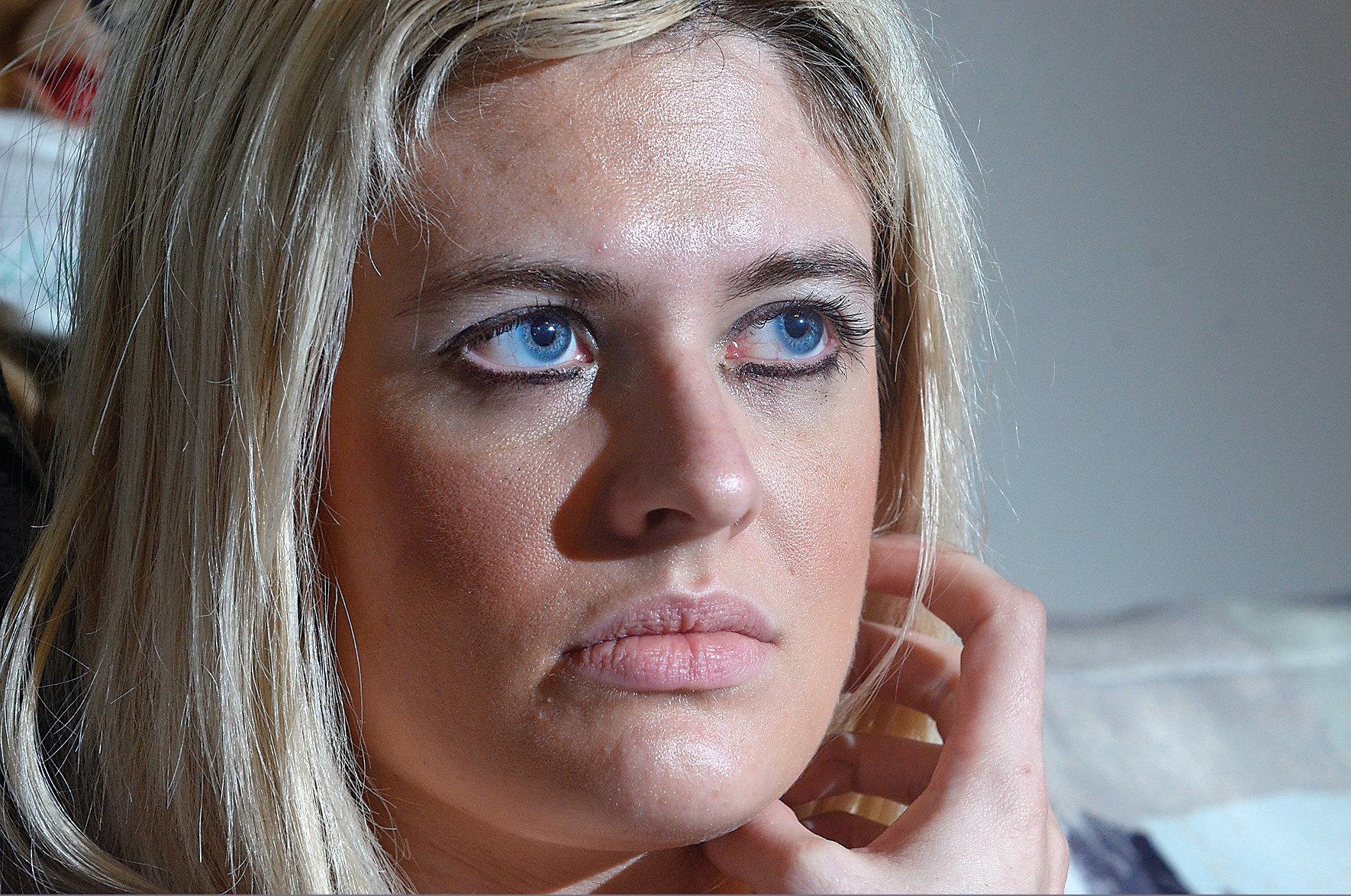TRAFFICKING HOTLINEThe TBI opened a sex trafficking hotline in October last year to address the issue statewide and provide resources for victims. To reach the hotline, call 855-558-6484.
Read moreHow a woman was held captive, drugged and prepared for sale
Even after nearly a year of a statewide awareness campaign about human sex trafficking, there aren't resources in Chattanooga to help victims of the crime.
During a news conference in Chattanooga in October, state officials, including Tennessee Bureau of Investigation Director Mark Gwyn, called for action after a joint study with Vanderbilt University revealed that 85 percent of Tennessee counties had reported a human trafficking case. Chattanooga had as many as 100 cases, according to figures released at the news conference.
"We haven't really caught up with the issue of trafficking the way we have with domestic violence or even sexual assault," said Regina McDevitt, senior director for crisis services at Partnership for Families, Children and Adults. "With human trafficking, we are probably where we were 25 to 30 years ago with domestic violence."
"We need to find funding to create very specific services to help these set of victims. Currently, there isn't a stream of funding to help victims."
Chattanooga has a nonprofit dedicated to ending human trafficking, Second Life Chattanooga. However, according to the organization's website, it only focuses on the awareness of trafficking.
Jerry Redman, co-executive director, did not respond to an email asking if the organization was providing any services for victims.
Part of the issue with the lack of service stems from the lack of reported cases.
The Chattanooga Police Department, the largest area law enforcement agency, still has not received any reports of sex-trafficking cases, Chief Bobby Dodd said Thursday.
The disconnect in social services and law enforcement numbers could be due to a lack of communication, officials noted last year.
"We found that these are often related to miscommunication or a complete lack of communication between agencies," said TBI Assistant Special Agent in Charge Margie Quin in an interview last year. She said the state was rolling out a two-year training program to change that.
McDevitt said Partnership hears from trafficking victims from time to time, but she did not specify how many have contacted the organization for aid.
"We have not had a huge number contact us because victims are not coming out and reporting at this point," she said. "We know that they are out there."
Money is the issue, she said.
"At the end of the day, there's limited dollars to help with those situations and until there's a federal fund to create assistance for victims of trafficking, the best we can do is try to coordinate [resources]," McDevitt said.
Sharon Stratton, the mother of Satara -- a victim of attempted sex trafficking -- said legal aid and therapists trained to deal with trafficking victims are needed in Chattanooga.
"We're hoping Satara's story helps others," she said.
When asked about a case like Satara's, McDevitt responded that some cases will inevitably fall through the cracks.
"And sometimes we're going to fail," she said. "We're not going to be able to do everything that needs to be done and that's the harsh reality of limited resources."
